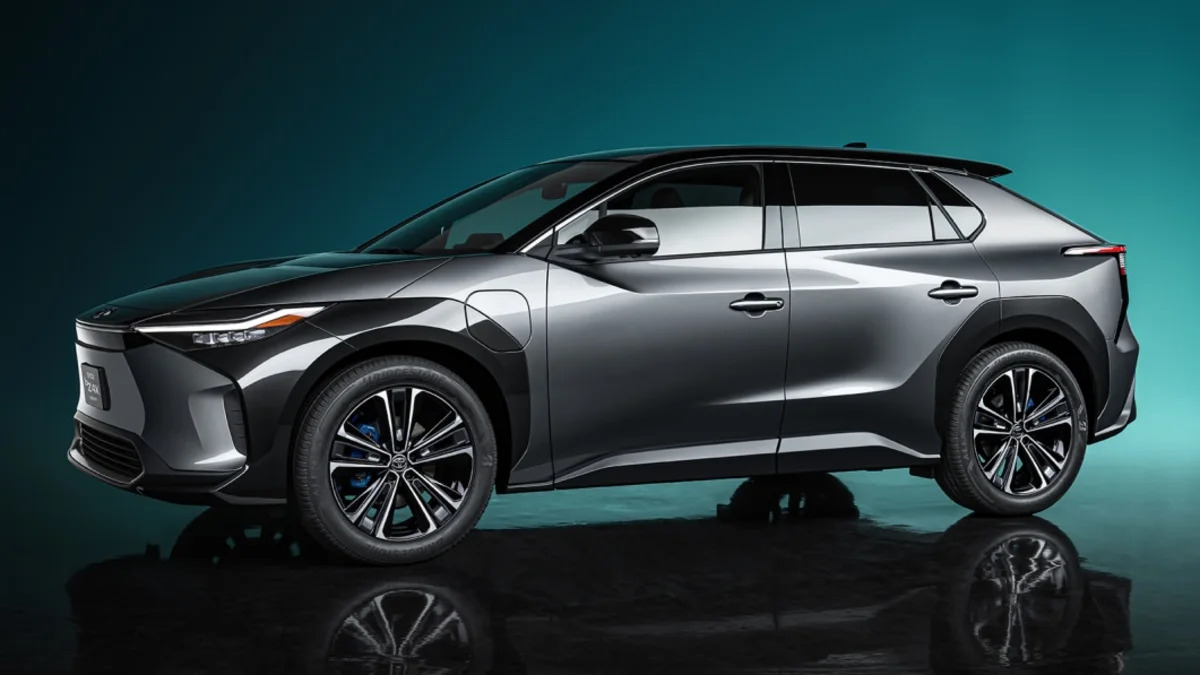Honda and Toyota have spoken out against the union-based provision in the new EV tax credit proposal recently approved by the Senate Finance Committee. That proposal makes a few substantive changes to the current EV tax credit that maxes out at $7,500. One change increases the credit maximum to $12,500 by adding $2,500 for electric vehicles made in the U.S. and another $2,500 for vehicles produced by union labor. The credit for vehicles built in the U.S. hasn't raised any public issue yet. The credit for unionized plant workers or facilities represented by a union is the problem. Volkswagen was the first to speak up, telling Automotive News last month that it favors credits that "do not favor one automaker over another."
Last week, Honda made its feeling known, writing in a statement, "Our production associates in Alabama, Georgia, Indiana and Ohio deserve fair treatment from Congress and should not be penalized for their choice of a workplace." Toyota North America followed the next day with a statement to AN, saying, "This policy would unfairly discriminate against American autoworkers based on their choice of whether to unionize ... Toyota employees have already sent nearly 10,000 letters to members of Congress who represent them saying: 'As an American, a taxpayer and a constituent, I ask that you stand up for me and my family and oppose this discriminatory proposal.'"
Automaker alliances like Autos Drive America have piped up, too. The coalition that watches out for the U.S. branches of foreign OEMs said it believes "incentives are key" to making EVs accessible to the average buyer. However, it countered the union provision with, "It is baffling that Congress is pushing electric vehicle incentives that only benefit union workers in certain states," and, "Today, half of all vehicles manufactured in the U.S. are built by Americans who have chosen not to join a union. Congress needs to keep full incentives for all-electric vehicles and not play favorites."
President Joe Biden has supported both EV credits as incentives to his goal of making electrified vehicles 50% of the U.S. auto market by 2030, and the $2,500 incentive for union-represented labor. To reach the target, Biden said, "[M]eans purchasing incentives for consumers to buy clean vehicles — union-made right here in America — like the ones championed by Debbie Stabenow and Ron Wyden in the Senate, which provides $7,500 basic credit, $2,500 credit for vehicles made in America, and an additional $2,500 credit for union-made vehicles."
There's a ways to go with this before we find out what shape the final EV tax credits take, seeing that the Clean Energy America Act is part of the larger $3.5 trillion budget resolution working its way through Congress, and the budget is sure to get a lot of finessing before potential passage. For instance, these new proposed credits up to $12,500 cannot be applied to any vehicle that costs more than $80,000. But separately from all of this, the full Senate passed a non-binding amendment to the budget resolution that would further restrict EV incentives in two ways: No one making more than $100,000 per year could claim a credit, and credits couldn't be applied to any vehicle costing more than $40,000. Of the 13 EVs on the market as of writing, that would leave four available for incentives to buyers making less than six figures: The base trim Chevrolet Bolt, the Hyundai Ioniq, the base Hyundai Kona EV with no options, and the Nissan Leaf. So it looks like we're not talking about 'not picking favorites,' we're waiting to find out which vehicles will be considered favorites, and for which buyers.
Related Video:


Sign in to post
Please sign in to leave a comment.
Continue